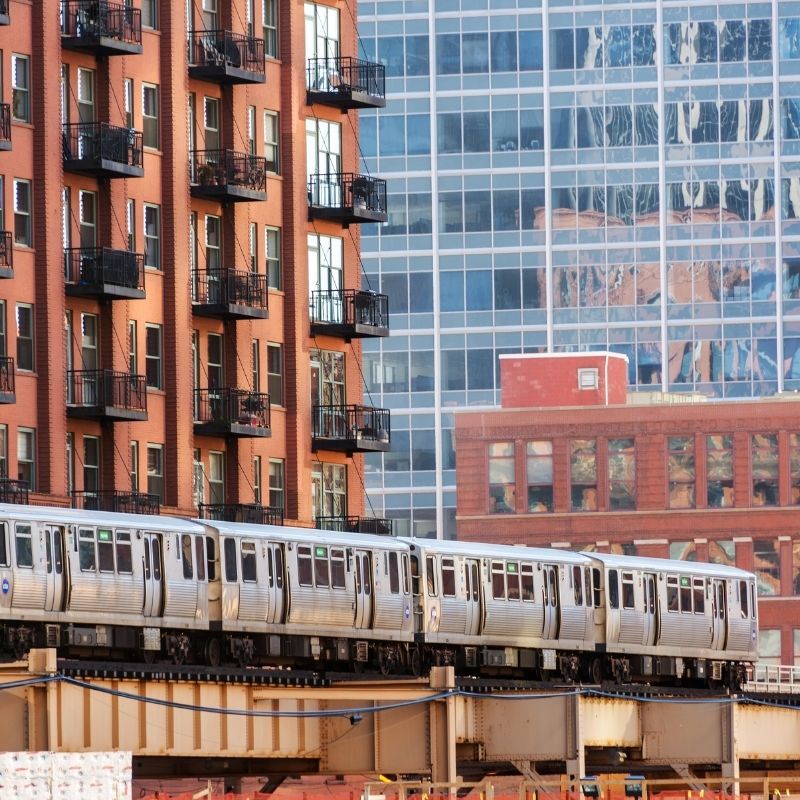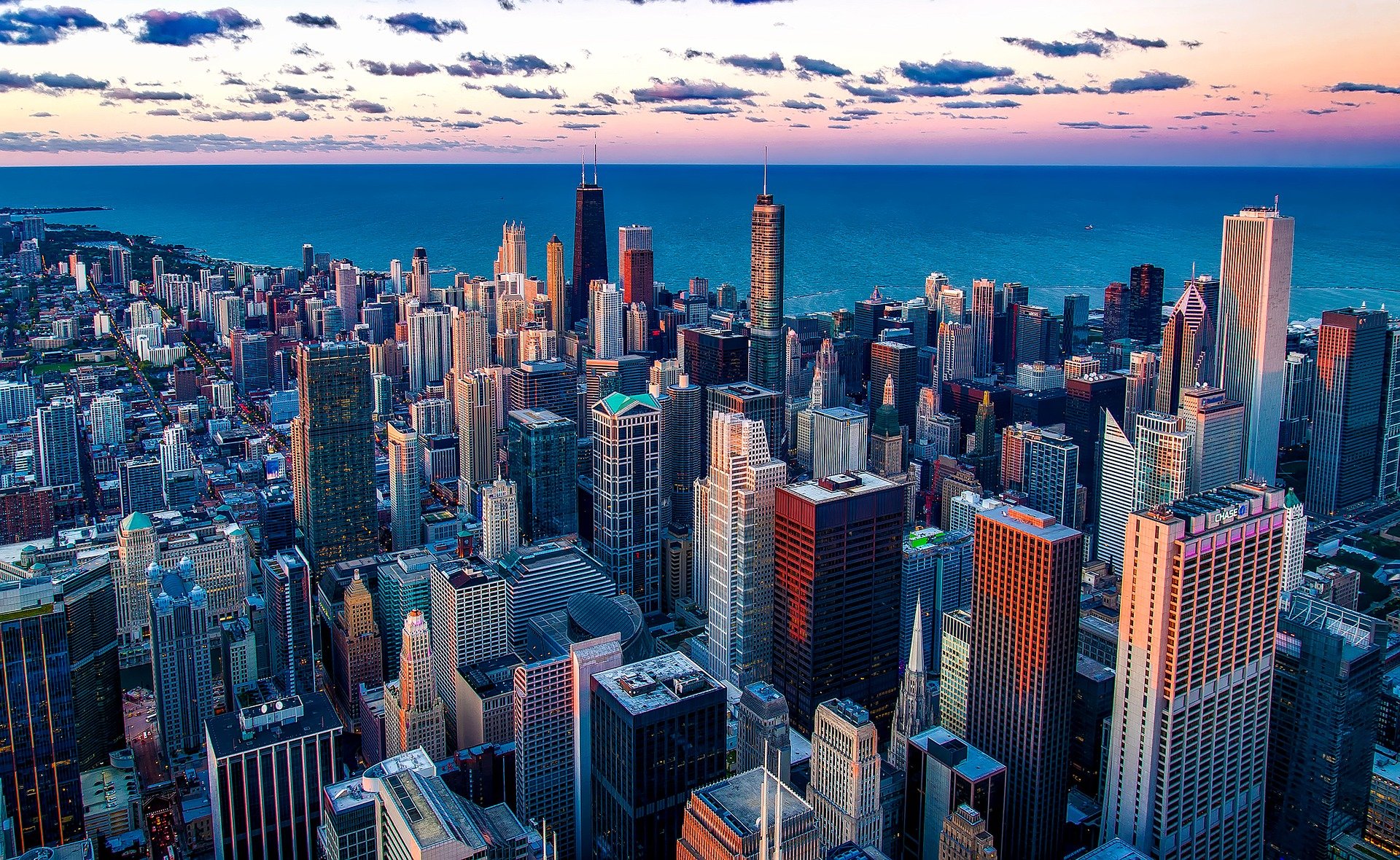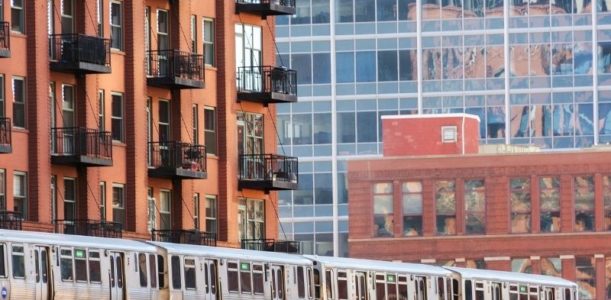
Catastrophe in Mexico City Subway Station
According to a recent article in NFPA today on January 13, 2021, a fire at a Mexico City Metro A substation raised a lot of questions about fire safety for rapid transit stations. The fire damaged six service lines, three of the busiest that could take up to three months to repair. One police officer perished and several people were treated for smoke inhalation. It was revealed that this subway station had not been properly maintained and obsolete systems were not replaced. As is true with all commercial fire alarm systems, fire alarm preventive maintenance is critical in mass transit systems to mitigate risk to all passengers.
NFPA 130 for Transit and Passenger Rail Systems
So what are the fire alarm regulations for rapid transit stations? The National Fire Protection Association, NFPA, has issued NFPA 130 Standard for Fixed Guideway Transit and Passenger Rail Systems, with the scope to cover life safety and fire protection requirements for fixed guideway transit and passenger rail systems. This includes trainways, stations, emergency ventilation systems, emergency procedures, communications, and control systems.
NFPA 130 was first adopted by the NFPA in 1983, which has seen several revisions since with the most recent being the 2020 Edition. In 1975, a Fixed Guideway Transit Systems Technical Committee was formed and began development of NFPA 130, with the main concern centered on the potential for large numbers of people to become entrapped in these types of mass transportation facilities. Several revision were made over the years with the 1997 Edition including a new chapter on emergency ventilation systems and the 2000 Edition addressing passenger rail systems, thus the change to the title of NFPA 130 to the Standard for Fixed Guideway Transit and Passenger Rail Systems.
Any type of commercial fire alarm system requires fire alarm preventive maintenance with internal, visual inspections and regular inspections from qualified fire alarm providers.
Commercial Fire Alarm System Maintenance and Inspections
All commercial properties must maintain fire alarm systems according to their state and local fire alarm regulations. The city of Chicago has specific commercial fire alarm regulations which all commercial properties are required to adhere to as well as the International Building Code (IBC), the Americans with Disabilities Act (ADA) and other applicable NFPA standards. High-Rise Security Systems with SMG Security Holdings is a leading provider of fire and life safety systems in and around Chicago, with decades of experience and expertise in providing code compliant commercial fire alarm systems. We ensure that your commercial property meets all code regulations and first and foremost, provides protection and mitigates risk to the public.
HRSS/SMG is a leading fire alarm and life safety system provider in and around Chicago, Illinois. We offer fire alarm system design, UL listed equipment, testing, inspection, maintenance, repairs, and monitoring 24/7/365. Contact us to learn more about maintaining your commercial fire alarm system and to ensure compliance with all fire alarm regulations.



